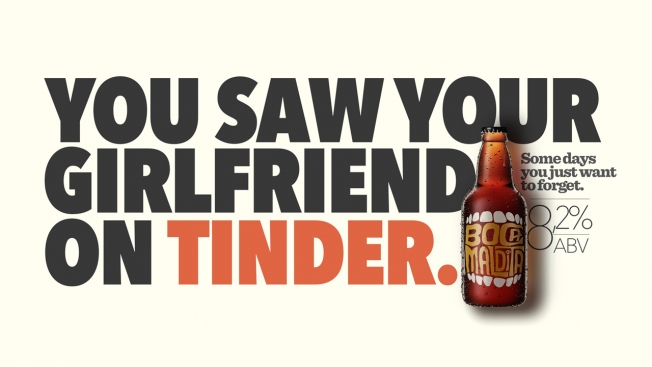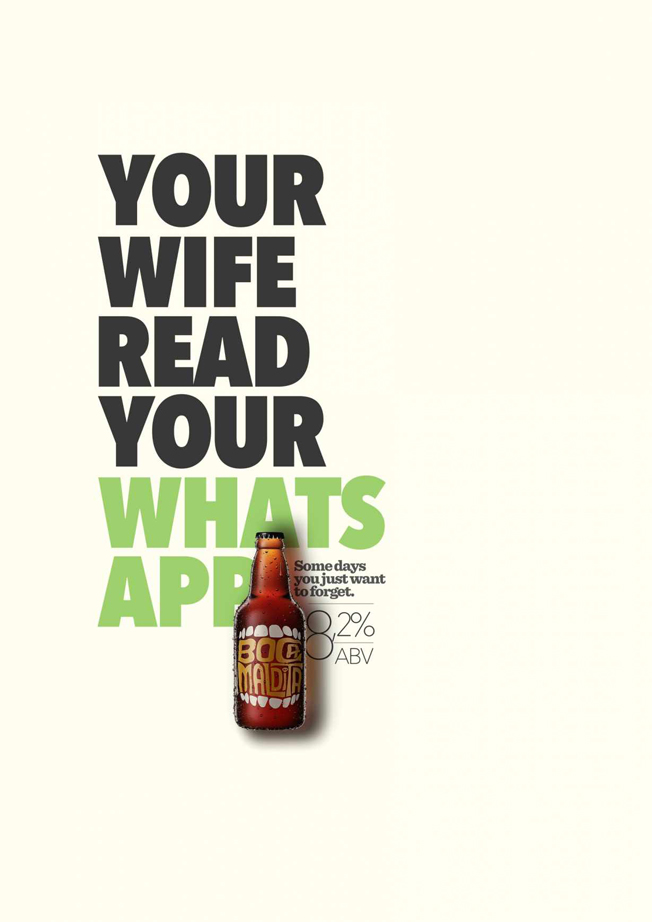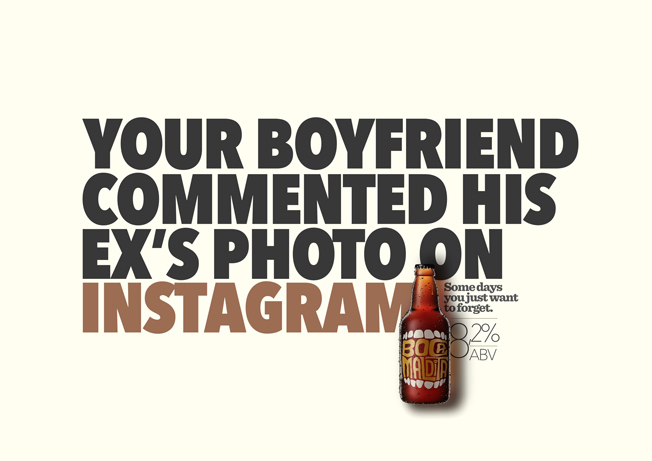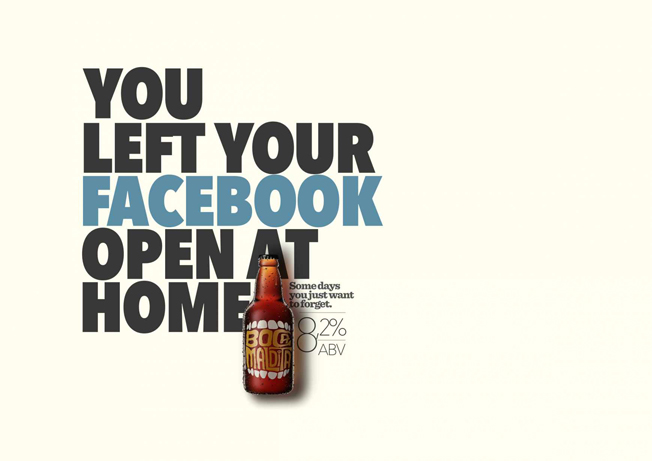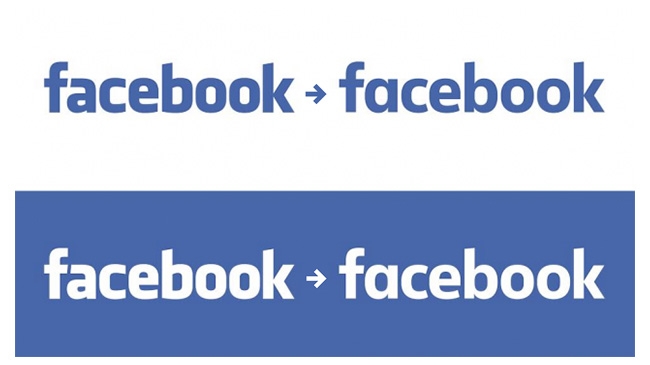In case you missed it (you didn’t): advertisers everywhere are up in arms after it was revealed that Facebook has “vastly overestimated” the average viewing time for videos on its platform, according to a scoop in The Wall Street Journal. And because every scandal needs to have -gate added to it, this one has become known as “OverstateGate.” UGH.
Several weeks ago, Facebook admitted, via a post on its Advertiser Help Center, that the metric it used to measure average video view team was flawed because it only took into account videos viewed for more than three seconds. In the same post, Facebook reassured advertisers it was introducing a new metric to fix the problem. But the full scope of just how much Facebook overestimated video viewing times came to light more recently, when the social network told Publicis Media and WPP’s Group M that it likely overestimated the amount by 60-80 percent.
“We recently discovered an error in the way we calculate one of our video metrics,” Facebook said in a statement. “This error has been fixed, it did not impact billing, and we have notified our partners both through our product dashboards and via sales and publisher outreach. We also renamed the metric to make it clearer what we measure. This metric is one of many our partners use to assess their video campaigns.”
Perhaps unsurprisingly, WPP CEO Sir Martin Sorrell weighed in on the matter, expressing his displeasure with the situation and insinuating the larger underlying problems suggested by it. He told Bloomberg that it underscore the need for a third party, such as ComScore (which WPP has invested in) to oversee such metrics.
“We have also been calling for a long time for media owners like Facebook and Google not to mark their own homework and release data to ComScore to enable independent evaluation,” he told the publication. “The referee and player cannot be the same person.”
Rival holding company Publicis is in agreement with Sorrell. “In an effort to distance themselves from the incorrect metrics, Facebook is deprecating [the old metrics] and introducing ‘new’ metrics in September. Essentially, they’re coming up with new names for what they were meant to measure in the first place,” The Wall Street Journal reports that an unnamed Publicis executive said in a memo to clients. “This once again illuminates the absolute need to have 3rd party tagging and verification on Facebook’s platform. Two years of reporting inflated performance numbers is unacceptable.”
Publicis PR referred all related media queries to Facebook, but let us all assume that they are rightly pissed as we wonder whether Andrew Keller has received some pointed queries from his agency contacts this week.
The unfortunate conclusion here is that Facebook will catch only momentary heat for this one. Note how restrained Sorrell’s quote was given the scale of the “error” and consider the fact that Publicis and WPP and all the other partners don’t have much of a choice but to continue advertising with Zuck. Happy Friday.












